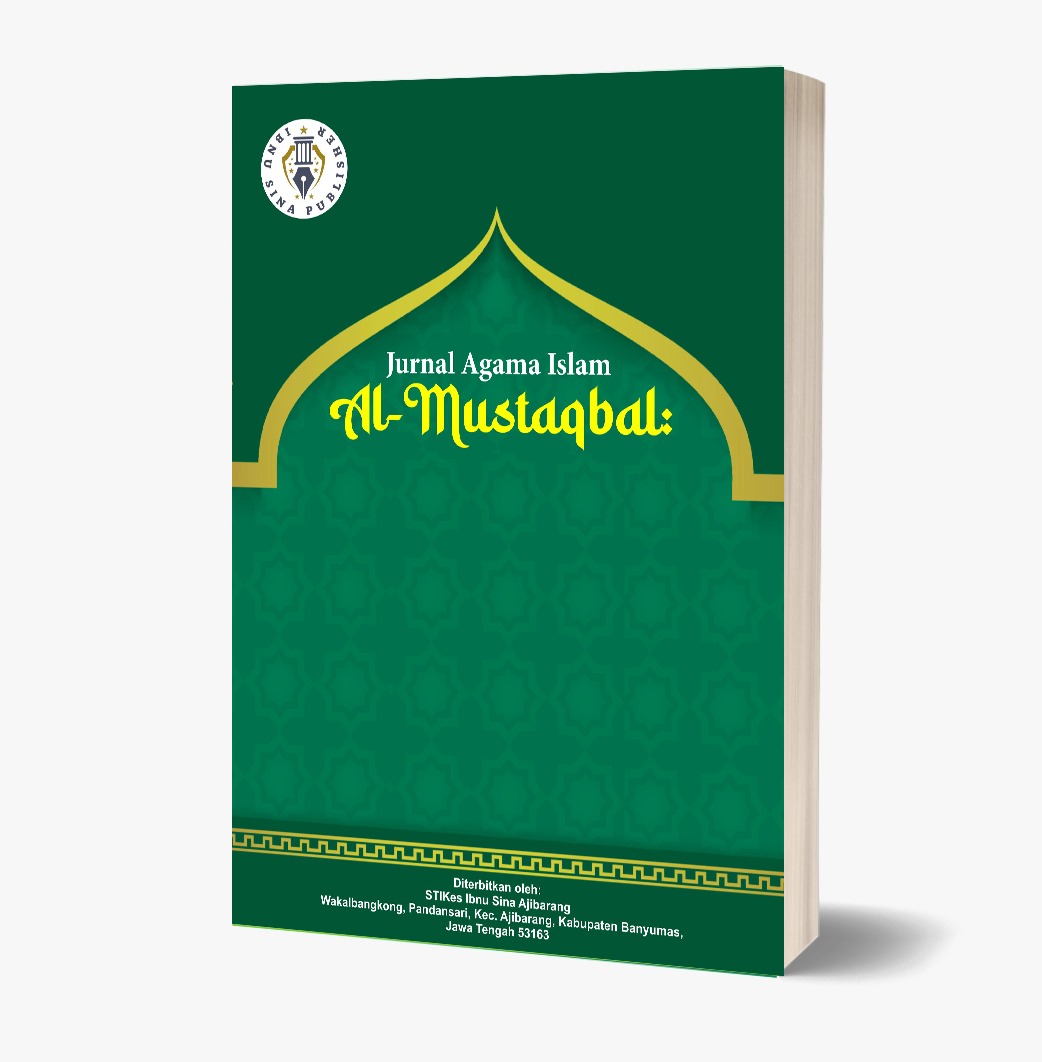Implementasi Konsep Kurikulum di SMA Plus Al Raihan
DOI:
https://doi.org/10.59841/al-mustaqbal.v2i1.56Keywords:
Curriculum Implementation, Al Raihan Plus High School, Strengthening CharacterAbstract
This research aims to analyze the implementation of the curriculum at SMA Plus Al Raihan and identify factors that support and hinder the implementation process. The curriculum implemented at this school is designed to devlop the academic potential and character of students through an innovative learning approach based on Islamic values. Strategy implementation includes project-based-learning, thematic approaches, and integration of technology in the teaching and learning process. Apart from that, extracurricular programs and religious education activities also support strengthening student competencies hollistically. It is hoped that the results of this research will provide insight into the effectivenes of the curriculum in improving the quality of education and provide recommendations for curriculum development in Islamic-based schools.
References
Alawiyah, F. (2015). Standar nasional pendidikan dasar dan menengah.
Beane, J. A. (1997). Curriculum integration: Core of democratic education. Journal of Curriculum Studies, 29(2), 123-140. https://doi.org/10.1080/0022027970290202
Bruner, J. S. (1960). The process of education: Spiral curriculum. Harvard Educational Review, 30(2), 123-134.
Creswell, J. W. (2018). Qualitative inquiry and research design: Choosing among five approaches (4th ed.).
Dewey, J. (1938). Experience and education: Implications for curriculum development. Journal of Educational Psychology, 31(4), 241-250.
Eko, R. I. (2023). Problem-based learning.
Fullan, M. (2007). The new meaning of educational change in curriculum.
Gunawan, H. (2022). Pendidikan karakter: Konsep dan implementasinya. Retrieved from https://ejournal.insuriponorogo.ac.id/index.php/ssa/article/download/5795/3123
Jafar, M., dkk. (2023). Kepemimpinan dalam organisasi belajar.
Lickona, T. (1991). Educating for character: A model for moral education. Journal of Moral Education, 20(1), 45-60.
Litnus. (2023). Pengantar teknologi pembelajaran.
Marsh, C. J. (2009). Key concepts for understanding curriculum. Educational Research and Reviews, 4(3), 45-55. https://doi.org/10.5897/ERR2009.086
Nasihin, H. (2017). Pendidikan karakter berbasis budaya pesantren. Semarang: CV. Pilar Nusantara.
Nurdin, I., dkk. (2019). Metodologi penelitian sosial. Surabaya: Media Sahabat Cendekia.
Ornstein, A. C., & Hunkins, F. P. (2013). Curriculum foundations, principles, and issues: A review. Curriculum Inquiry, 43(1), 1-18. https://doi.org/10.1080/03626784.2012.739294
Spady, W. (1994). The concept of competency-based education. Educational Leadership, 52(6), 25-28.
Sudaryono. (2016). Metode penelitian pendidikan. Jakarta: Kencana.
Sugiyono. (2017). Metode penelitian kualitatif.
Taba, H. (1962). Curriculum development: Theory and practice. Journal of Curriculum Studies, 4(1), 12-22.
Tyler, R. W. (1949). Basic principles of curriculum and instruction. Educational Forum, 13(3), 1-12.
Valenzuela, J. (2023). Project-based learning+, grades 6-12: Enhancing academic, social, and emotional learning.
Zandroto. (2023). Pendidikan holistik dalam menghadapi tantangan era digital.

















